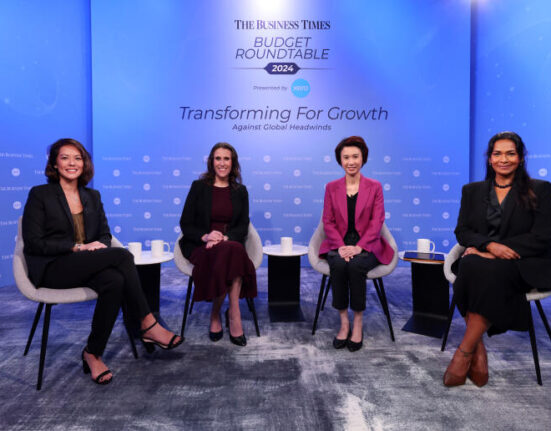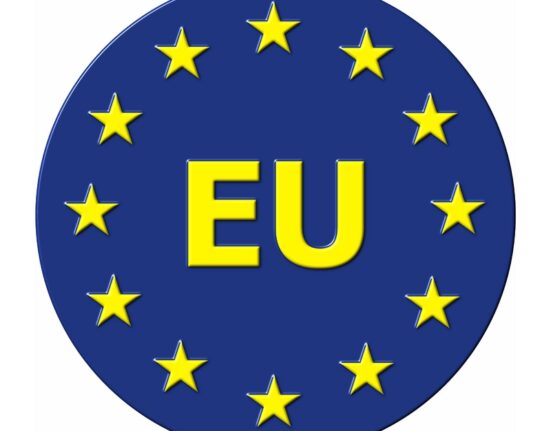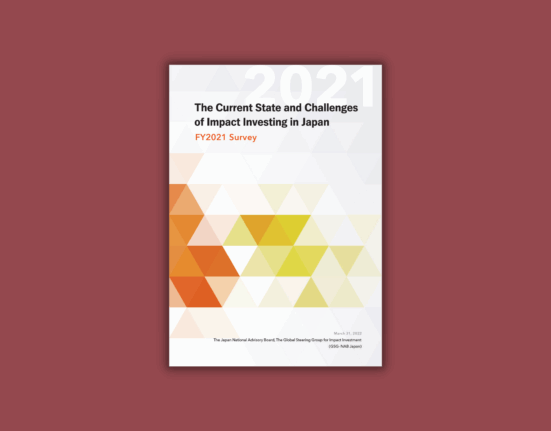The European Parliament recently took a bold step to address the influx of substandard and potentially harmful cheap goods flooding into the EU from non-EU web shops. This surge in unfair competition from third-country marketplaces not only impacts EU retailers but also poses a significant risk to consumer safety.
In response to these challenges, a comprehensive Parliament report has highlighted various strategies to relieve the burden on customs and market surveillance authorities tasked with ensuring the safety of the approximately 12 million small e-commerce packages entering the EU daily. One innovative solution proposed by MEPs is the concept of “warehousing.” This approach involves encouraging non-EU traders to establish warehouses within the EU for processing client deliveries. By consolidating bulk shipments of similar goods in these EU-based warehouses, it becomes more feasible for authorities to conduct thorough safety checks compared to inspecting individual packages arriving from third countries.
Additionally, MEPs have thrown their support behind abolishing the current customs duty exemption for goods valued under €150 as part of broader Customs Code reforms. It’s estimated that about 65% of parcels entering the EU are intentionally undervalued, leading to revenue losses and regulatory loopholes. The proposed imposition of a €2 handling fee for individual e-commerce packages originating outside the EU aims to ensure fair trade practices while minimizing potential cost burdens on EU consumers. However, MEPs are keen on verifying that this fee aligns with international trade regulations and does not result in additional costs being passed down to end-users.
Recognizing the transformative power of digital technologies, especially artificial intelligence (AI) tools and blockchain solutions, MEPs emphasize leveraging these innovations to streamline customs processes and enhance efficiency in inspections. They call upon EU member states to allocate sufficient resources towards equipping customs authorities with these advanced tools for improved oversight.
Furthermore, there is a strong push for strict enforcement of existing regulations governing online platforms’ responsibilities within the e-commerce landscape. MEPs stress the importance of preventing high-risk vendors from participating in critical infrastructure projects related to border security systems, including procurement processes for security screening equipment at airports and ports.
As negotiations unfold between Parliament and the EU Council regarding a substantial overhaul of Union’s Customs Code initiated on July 8th, 2025; key proposals from this recent parliamentary session will be scrutinized further. The focus remains on upholding regulatory compliance, enhancing market transparency, safeguarding consumer interests, and fortifying Europe’s trade ecosystem against threats posed by substandard products infiltrating its markets.
In conclusion, as policy dialogues progress within European legislative bodies, stakeholders across sectors are closely monitoring developments aimed at reinforcing market integrity and fostering sustainable trade practices within an increasingly digitized global economy.









Leave feedback about this